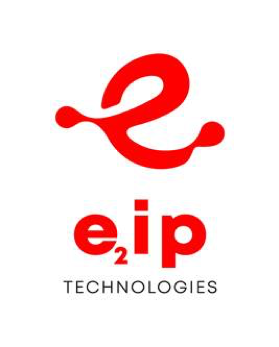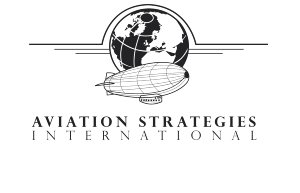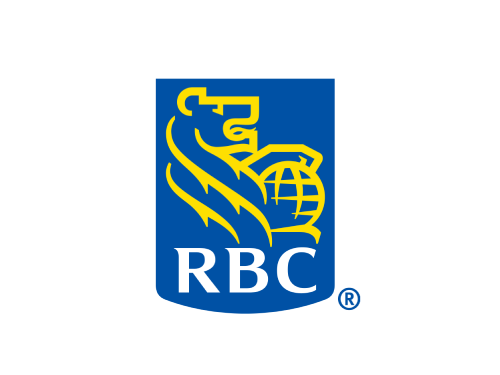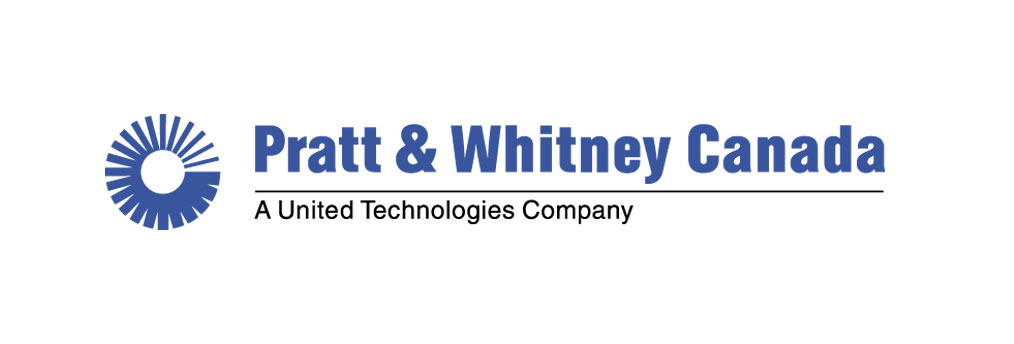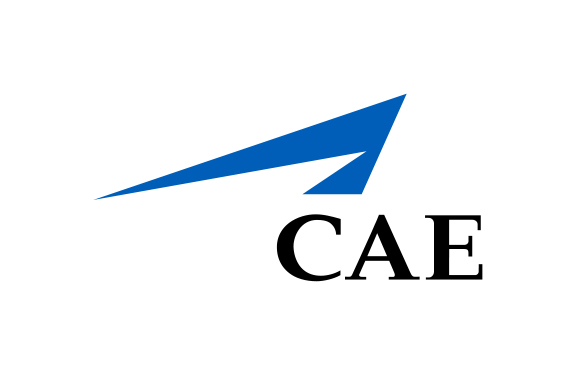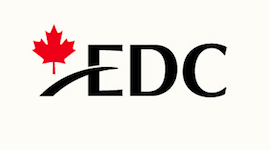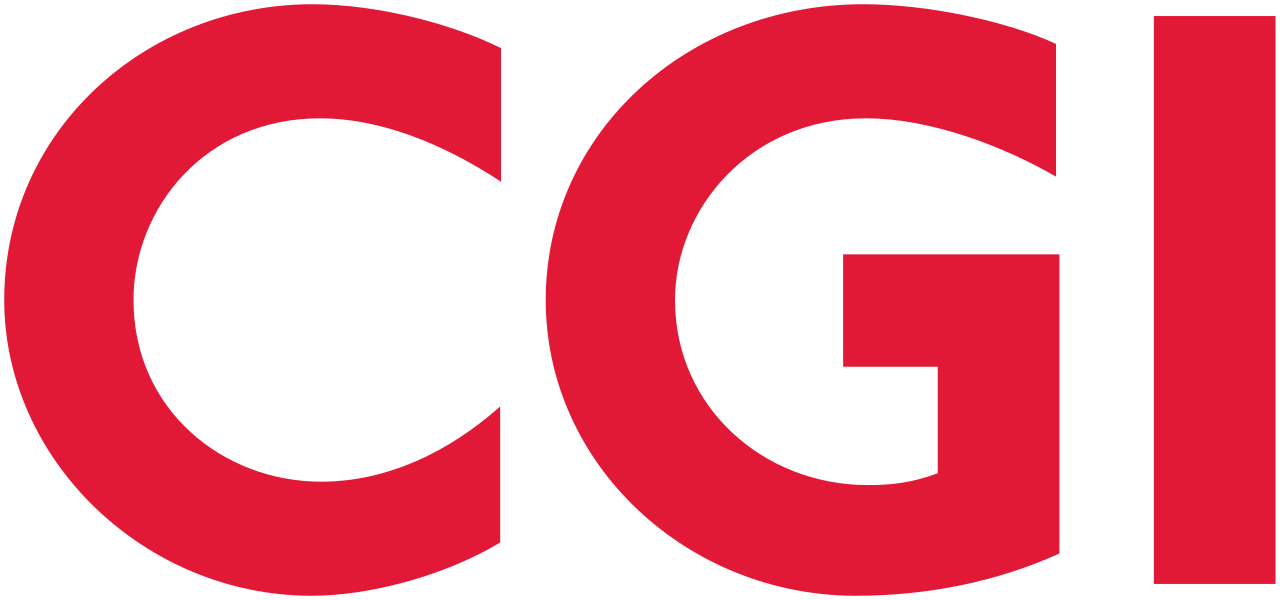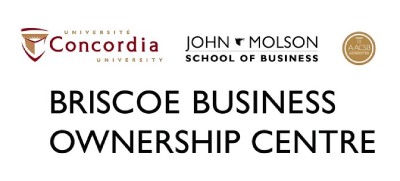Noble effort by home team at MBA Case Competition
[img_assist|nid=846|title=|desc=Congratulations to the Concordia team, who won their division and made it to the semi-finals. Standing are Francisco Zelez-Torres, Doug Page, Priya Karnick and coach Tim Field. Seated are Bob Oommen and Susan Vivian. (photo Christian Fleury)|link=none|align=right|width=399|height=244]
Business gurus arguing about how Noranda could best solve its technology dilemma — a casual observer might have thought that it was for real. The only clue was at the end of it all, when the winner received a score sheet instead of a contract. It may be a game, but it was deadly serious to the competitors taking part in the 20th annual Concordia University MBA International Case Competition, held at the Queen Elizabeth Hotel from January 8 to 13.
The week-long event, hosted by the John Molson School of Business, is the oldest and arguably the best-known MBA case competition in the world, attracting more than 100 students and more than 300 volunteer judges from the business community.
Thirty teams competed this year, half of them travelling from the U.S., Europe, South America and New Zealand to participate. This year, however, the winners came from our own neighbourhood ‚Äî Université Laval. (See photo, page 8).
Teams go head-to-head, coming up with solutions for problems that companies are actually dealing with. Each of the two teams in each competition is working with a case package of all the background information they need. They have three hours to come up with a 25-minute presentation for judges, who act as company representatives. Judges then grill team members about their ideas, and decide on a winner. The top teams face off in the finals on the last day of competition.
The John Molson School of Business team (see photo) did very well, making it to the semifinals. They won their first three cases and were strong under pressure at the live case, an annual feature attraction of the competition that is open to the public. They faced a team from ESAN, in Peru.
The competition demands that participants think on their feet. Concordia team member Priya Karnick said that’s why it is such a valuable experience. “As a result, I’m not afraid to be asked really hard questions in front of a group of important people,” she said. Concordia’s team practised for several months leading up to the competition. Team members and the organizers of the Case Competition receive academic credit for their work.
Karnick said that she and her teammates, Bob Oommen, Susan Vivian and Doug Page, had an opportunity to learn from the teams they faced. “You have a chance to see different schools’ approaches to business,” she said. “The best part is the experience we’ve gained, applying all these business concepts that we have learned in a practical way.”
It wasn’t only the competitors who were able to apply their learning. Organizers Karine Wei, Megan Pickering and Raymond Najm had been planning the event since last May, and were thrilled to see the results of their hard work.
As she sipped a cup of cold coffee and nibbled on a croissant, the only food she had managed to eat that day, Wei modestly described the planning that was required to pull the event together. The organizers and a crew of 80 volunteers sought sponsors, solicited judges and attended to hundreds of details necessary to coordinate the competition.
Michael Mikelberg, president of Groupe Gestion Luger Inc., was one of over 300 judges on hand for the competition. Most are presidents of their own companies, but took time off to lend their services. Mikelberg said that’s because the judges learn a lot, too.
“It’s an opportunity to stay in touch with the level of excellence of students enrolled in MBA programs around the world,” he said. “I’m always amazed at the remarkable level across die board. It’s also a chance to get out of the office,” he added with a grin.


